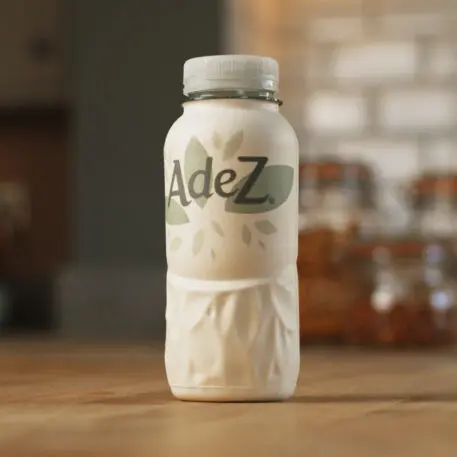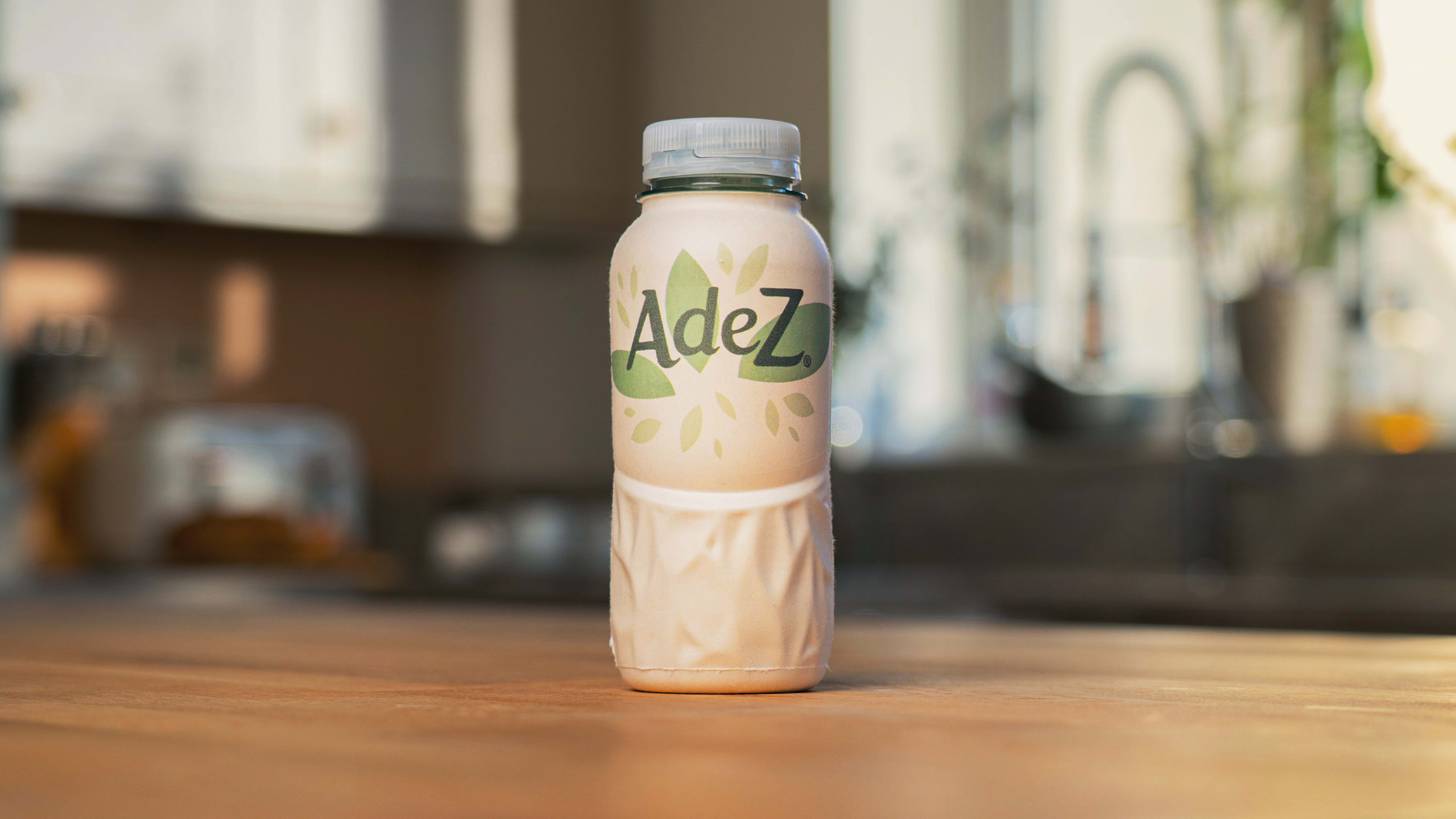In a year, Coca-Cola uses around three million metric tons of plastic packaging, much of which isn’t recycled. While the company works to use more recycled material, increase recycling rates, and test new models such as refill stations that rely on reusable bottles, it’s also beginning to test alternative packaging—including a new paper bottle that will roll out for a test run in Europe this summer.
The new bottle is made by Paboco (“Paper Bottle Company”), a Danish startup that has also spent years collaborating with the beer company Carlsberg on a paper bottle. It’s formed out of a single sheet of paper fiber to help make it strong enough to withstand the pressure of the bottling process, with the label printed directly on the bottle itself. The first version in the pilot has a thin plastic liner to keep the paper dry, but eventually, the bottle will use a liner made from a plant-based material; the cap can be made from paper. The material avoids the carbon footprint of manufacturing plastic from fossil fuels, and the final product will be fully recyclable.

After several years of development, Coca-Cola will now test the bottle on one of its 500 brands—a drink called Adez sold in Hungary. The company is doing a small run of two thousand bottles to see how well they perform in the real world. The vodka brand Absolut will also test 2,000 of the bottles on its drinks in the U.K. and Sweden.
Paboco envisions that the material could be used for any type of plastic packaging and could someday replace other materials. “Imagine that all plastic packaging in your store one day has disappeared, and eventually all glass bottles and metal cans,” the company writes on its site. “That all packages are made of renewable materials that can be recycled or returned to nature without harm.”
Recognize your company's culture of innovation by applying to this year's Best Workplaces for Innovators Awards before the extended deadline, April 12.
